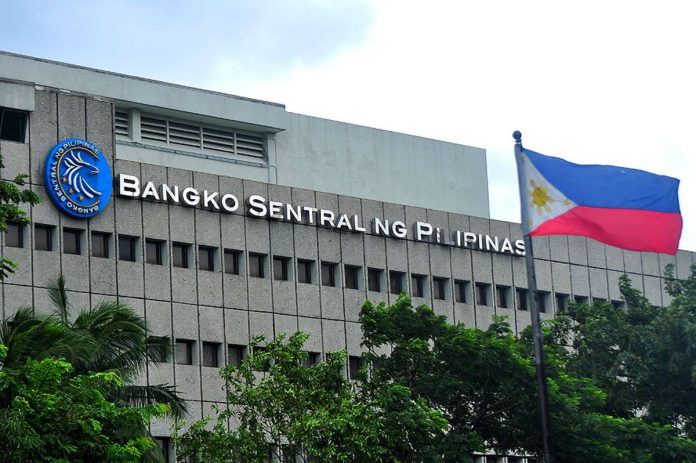
THE Bangko Sentral ng Pilipinas (BSP) on Thursday, Oct. 26, raised its benchmark target reverse repurchase (RRP) rate by 25 basis points in a bid to tame inflation.
BSP governor Eli Remolona said the RRP, which banks use to set interest rates for loans, is now at 6.5 percent.
This was an off-cycle rate hike as the Monetary Board is not supposed to meet and decide on monetary policy until Nov. 16.
Remolona said the central bank “fell a little bit behind” when it kept rates steady at 6.25 percent in September despite inflation quickening to 5.3 percent in August. Inflation further quickened to 6.1 percent in September.
“We didn’t look close enough at expectations; we have various measures of expectations and one of them that was very striking this time was our consumer, our households expectations survey,” Remolona said.
He noted that about 92 percent of consumers think that in the next 12 months, inflation will be above 4 percent. Businesses have similar expectations, he added.
The central bank made similar off-cycle rate hikes last year to tame inflation and keep in step with the sharp rate hikes implemented by the US Federal Reserve.
Inflation Out of Target
Remolona said he no longer expects inflation to return to the government’s 2 to 4 percent range by the end of the year.
“In fact, I think, from March to July next year, the headline inflation will very likely be above 4 percent,” he said.
“I think beyond July, we will head back towards the middle of the target range, somewhere around 3 percent, and we’ll stay around that region for the rest of the year,” he added.
Remolona said the Monetary Board will consider another rate hike in November if the data are “worse than we thought.”
“We’re hoping that the data are nicer to us,” he said.
The consumer price index will be released by the Philippine Statistics Authority on Nov. 7. Economic growth numbers, meanwhile, will be released on Nov. 9.
Remolona said they expect the economy to have grown 4.5 percent in the third quarter of 2023 – slightly up from the second quarter’s 4.3 percent.
“The tightening, as far as we can tell, has not really affected growth prospects. (Gross domestic product) seems to be… slowing down because of pent-up demand waning,” he noted.
He added: “We kinda tell this from looking at Google Trends and the words that are used to describe output, growth, demand. So the words that are used tend to be about travel, about shopping. So that, we associate with pent-up demand. That seems to be waning.” (ABS-CBN News)



